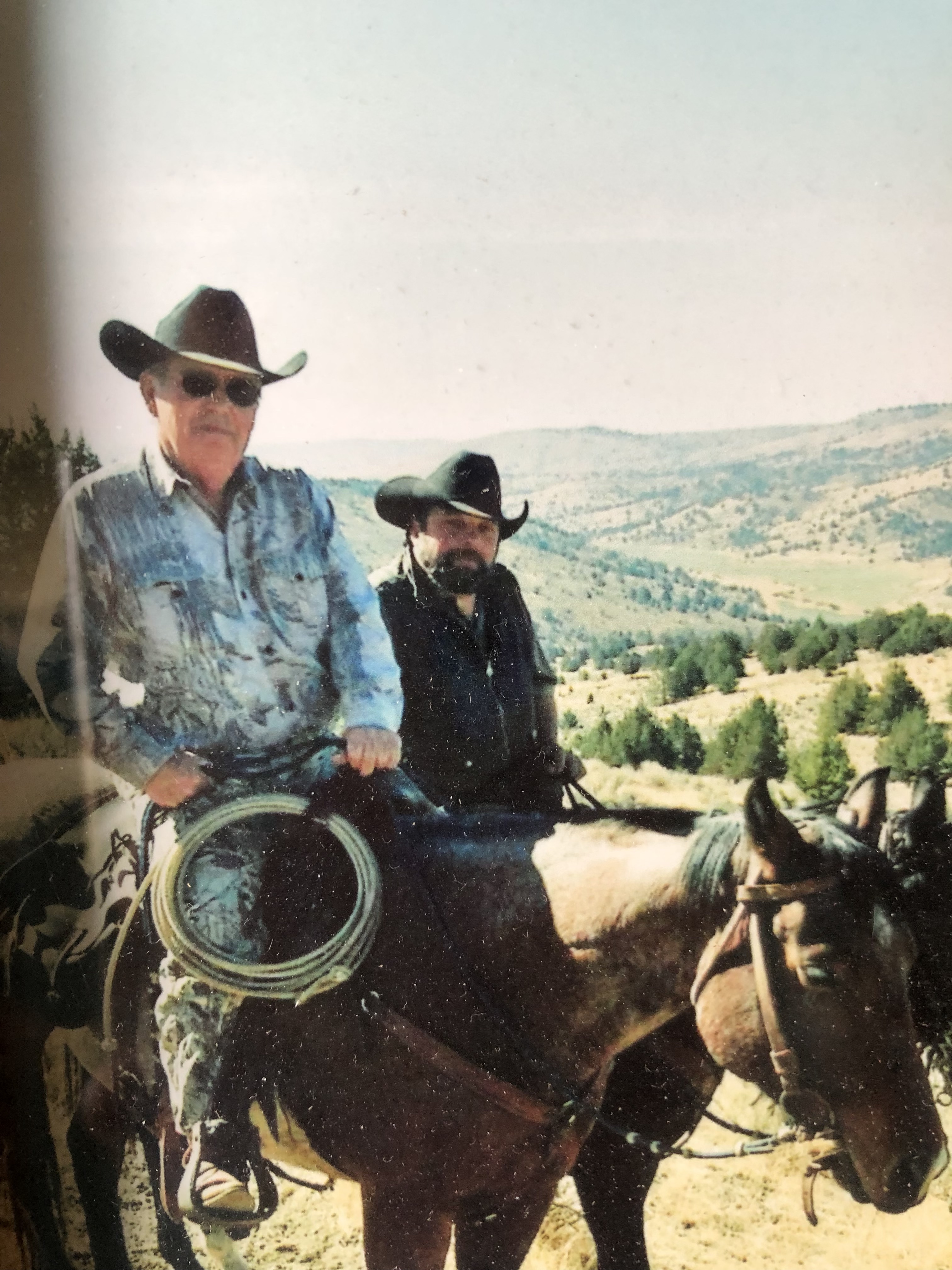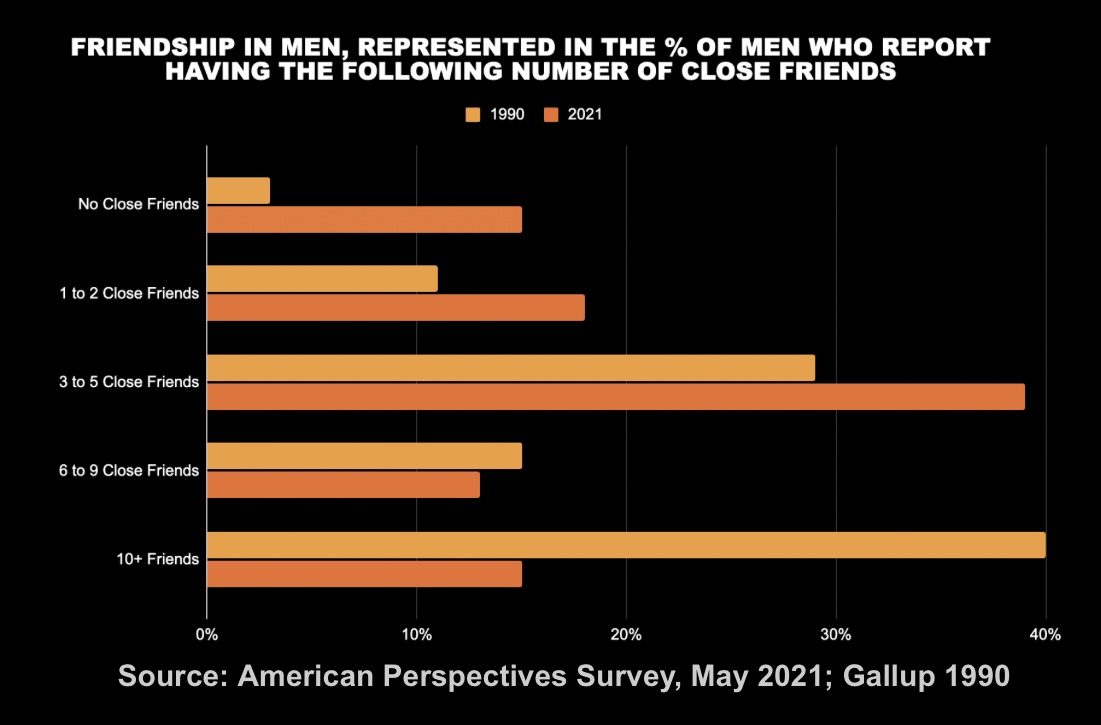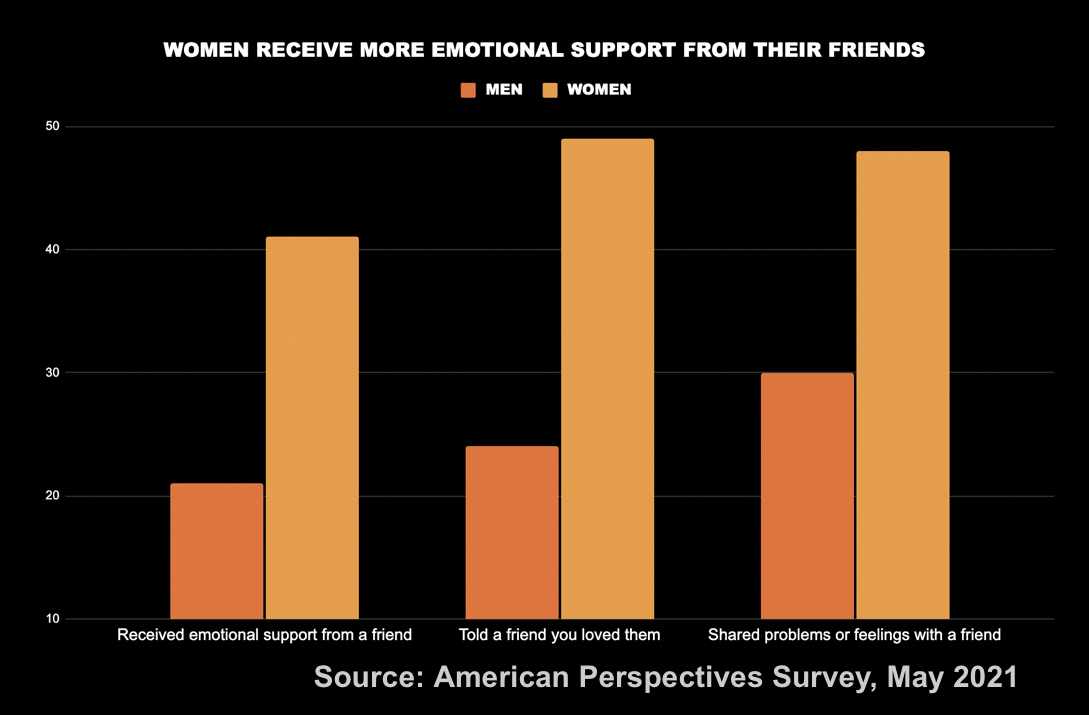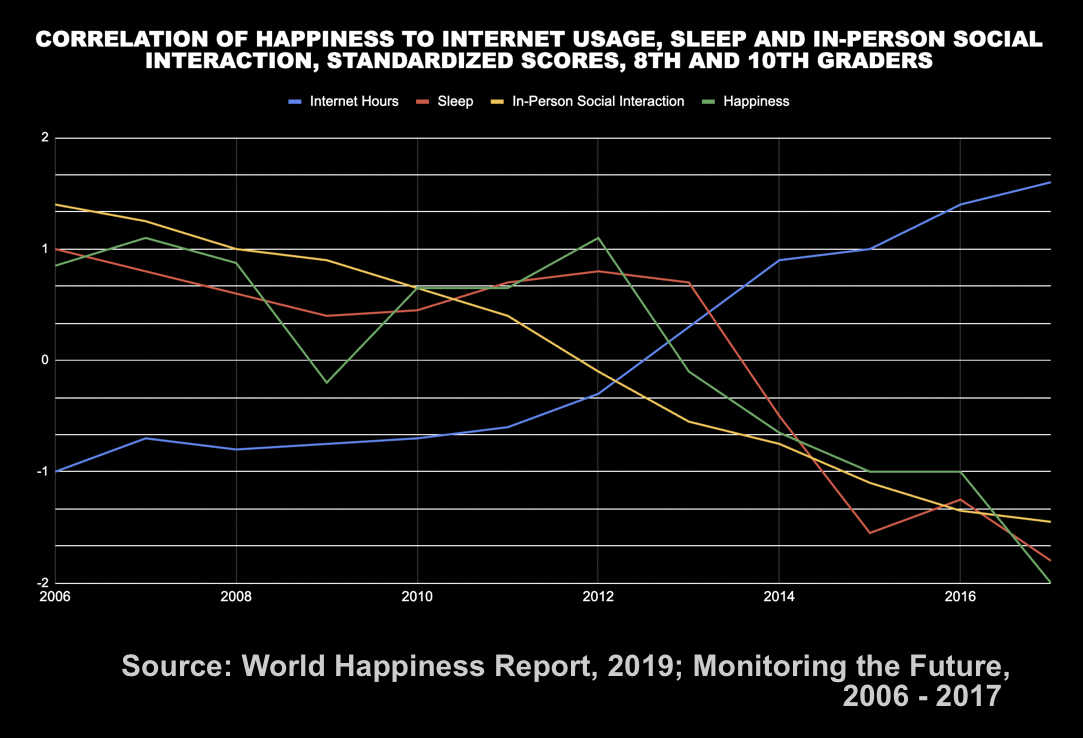The Biggest Pandemic We're Facing Now
6 mins
I just came back from spending four days with two legit cowboys and a rancher.
Want More?
Get unfiltered encouragement and challenge from Brian sent straight to your inbox.
SubscribeShare with others
I swear they inspired the series “Yellowstone.” This is my new rancher friend and the real Rip. More on that later.

No image sums up the previous standard for what an American man looks like more than the cowboy. He’s rugged and tough, a cigarette hanging out his mouth, conquering the plains like the badass he is. He answers to no one, pulls himself up by his own bootstraps, and doesn’t need anyone or anything.
That persona, burned into the American conscience, is killing us.
Too many Americans, especially men, wear their loneliness like a badge of honor.
Then we wonder why our lives are listless, anemic, and weak.
Every social indicator for men is tanking. I recently came across a study called “The State of the American Man 2023.” The data points are sad, but not surprising. 77% of men have experienced negative mental health symptoms, 40% show signs of depression, and 44% have had thoughts of suicide in the last two weeks. 44% consider suicide every two weeks?! Hard stop. Crisis of epic proportions.
We’re drowning. Loneliness is the culprit. Looking at the data, we should have seen this coming.

In the 30 years between 1990 and 2021, the percentage of the male population indicating they have no close friends grew from 3% to 15%. That’s a 1400% increase. While some of the numbers in the middle only adjusted slightly, the data at the end of the graph also took a big hit. The percentage of men with 10 or more friends dropped 25 points, nearly 1 percentage point each year.
While all friendships are suffering in America, a think tank, the Survey for American Life, has declared men to be in the midst of a “friendship recession.”
They point the finger at the rapid fire nature of societal change, which is taking men out of situations where historically they’ve made friends. Declining involvement in religious institutions, lower (and later in life) marriage rates, changes in the workplace (the increase in remote and work from home jobs) and the disappearance of adult extracurriculars (everything from the softball league to the Elks club and everything in between) means men have less organic opportunities to connect with each other.
When men do make friends, they are less open, vulnerable, and connected than their female counterparts. Even with friends around them, most men are still living like the Lone Ranger, and leaving the benefits of friendship on the table.

In the wild, isolation means death.
Lone wolves, those separated from their pack, are sicker, skinnier, and die earlier. Wolves need other wolves to take down their prey, to guard against other predators, and to keep warm in the winter.
As American men unplug from real people within arm’s reach, happiness has taken a nosedive. The following data comes from the World Happiness Report, and speaks for itself.

The more we choose disconnection, the less happy we become.
The data above was taken from 8th and 10 graders from 2006 until 2017. The oldest students in that study are around 32 years old today, the youngest 21 years old. The pattern they set as teenagers is the pattern most of them still follow to this day—and it’s one we’ve all managed to pick up along the way. Less sleep + less in-person interaction + more internet (self-focused disconnection) = less happiness.
We must learn to stomach risk, something fewer and fewer of us are willing to do. Culture is built around safety, from extra insurance policies we don’t need, to warnings on coffee lids, to toddlers wearing helmets while they ride tricycles in their grandparents’ basement. We are wired to avoid risk, but doing so robs us of meaningful rewards.
It has always been this way. The rewards go to the risk-takers, to the men in the arena, willing to do what no one else will.
The Bible says the hard-working farmer should be the first to eat the delicious fruit of his labors (2 Timothy 2:6), and the same is true for friendship. You will get in what you put out, and you have to lead with risk.
It is a risk to join (or start) a softball league. It is a risk to ask a coworker to grab lunch. It is a risk to share the hard parts of your life with another human. It is a risk to put down the endless scroll, walk out your front door, and engage another human being in face-to-face conversation. It is a risk to ask a good woman on a date. It is a risk to be the new guy.
But the rewards await the men willing to take the risk.
I just spent a few days elk hunting out west, in the company of cowboys (who are new friends) and an old friend from back home. I managed to take a 6x6 elk down—a mature bull elk. I’ll be enjoying 250ish pounds of elk steak, meatballs, jerky, and sausage for quite a while to come.
One thing I know: I couldn’t have done it without friends. Friends have given me endless discussions and text threads regarding everything hunting related. Friends hooked me up with hunting tags. Friends got me to the right location, made waiting in the cold bearable, and then helped me harvest the meat after the kill.
On my own, I’d be returning from this hunting trip with nothing to show for it but an empty freezer. Instead, I’m filled up. Not just with elk steaks, but with a lightness, a joy, and a purpose you can’t find outside relationships. An endless loop of work, veg out, sleep, repeat, just won’t do it.
The biggest pandemic we’ve faced as a nation is loneliness, and there’s no remedy aside from risk.
If you want friends, you will have to put something on the line. I’m one voice telling you it’s worth it.
To the risk-takers, go the rewards. Let’s go get them.
I just released the definitive edition of The Five Marks of a Man, as well as a companion Tactical Guide, an initiation rite to work the marks into your life. If you, or someone you love, are looking for a road map to healthy masculinity, these tools are a great place to start. Go to briantome.com/fivemarks.
Written by Brian Tome on

